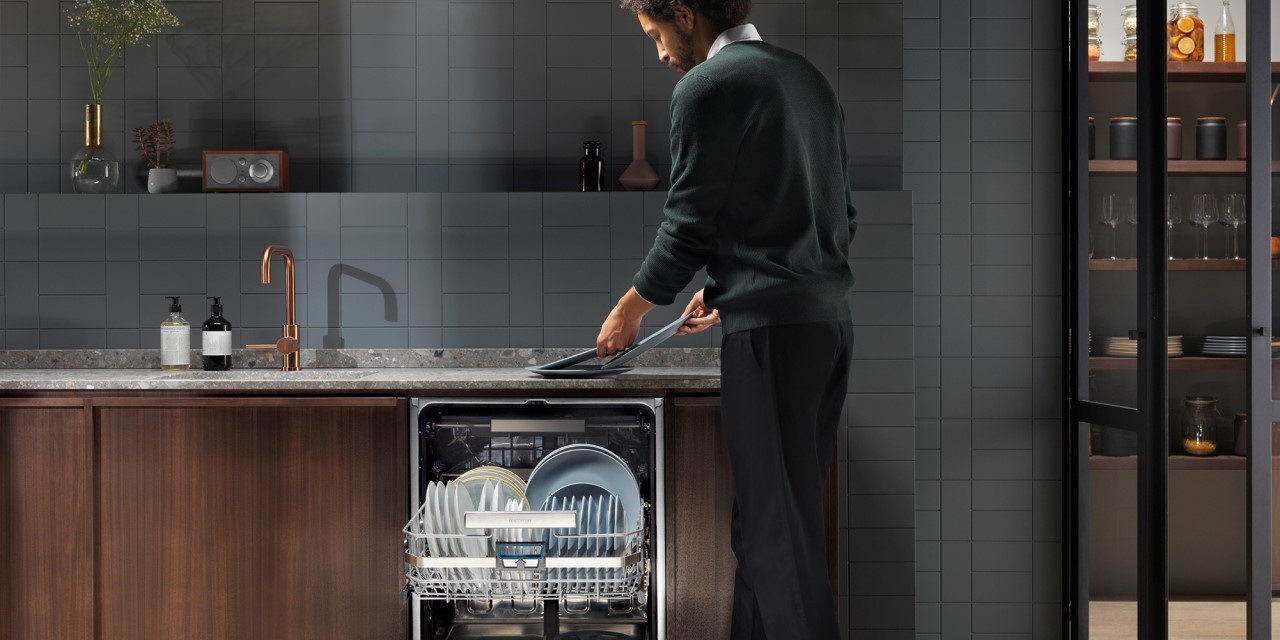A Chicago federal judge has scrubbed a putative class action against Electrolux, which alleges the company's Frigidaire dishwashers catch fire, saying plaintiffs' claims are "too unwieldy" to pursue as a group.
U.S. District Judge Martha Pacold, of U.S. District Court for the Northern District of Illinois, rendered the decision last week, in favor of Electrolux. The Swedish-headquartered appliance maker produces and sells one million Frigidaire dishwashers every year. Several plaintiffs from Illinois, Indiana, Ohio and California alleged in a 2015 putative class action the dishwashers were prone to overheating and fires, which burned holes in the appliances' tubs, causing water leaks and mold.
Plaintiffs sought two classes for each of the four states, for a total of eight classes, based on whether proposed members' dishwashers caused damage or simply were defective, but did not cause any damage. Each of the classes presented a variety of claims on such grounds as negligence, fraud and deceptive trade practice. Judge Pacold pointed out the claims and classes have changed multiple times since plaintiffs amended their original complaint.
Pacold rejected plaintiffs' request for class action status, finding class members' claims would be too differentiated.
"The court concludes that litigation as a class would not be superior to litigating individually. The proximate cause and likelihood of any melting and flooding may have to be determined on an individual basis. Different experts may be needed to opine about the particular causes of or likelihood of failure for each of the subject dishwashers, and different damages models may apply," Pacold said.
Pacold continued: "Plaintiffs have not tied together their claims with common glue in the form of a common design defect" and "cannot point to any evidence supporting the notion that they have sustained injuries that are both common and attributable to Electrolux."
Pacold added, plaintiffs "cannot demonstrate commonality, typicality, or predominance."
"Even assuming Plaintiffs could point to evidence supporting the existence of a common design defect, the court would have lingering concerns about the differences among the class members with respect to how they acquired their dishwashers, the type of property damage suffered, and even the types of dishwashers involved. Plaintiffs’ constant attempts to alter their class definitions and claims make it nearly impossible to ascertain their true class membership," Pacold concluded.
As an example of the confusion that would ensue if the suits proceeded as class actions, Pacold said lawyers would have to sort out whether class members paid for their dishwashers as part of an overall home purchase, or bought used dishwashers or received dishwashers as gifts. In each case, members would have sustained different losses. As another example, some members would claim damage only to their dishwasher, while others would also claim damage to other property, according to Pacold.
"Plaintiffs have failed to consider certain issues that render their class definitions too unwieldy, and in other instances have overcorrected by posing unworkable revisions to their class definitions and claims," Pacold said.
The next hearing is June 17.
Plaintiffs are represented by Berger & Montague, of Philadelphia; Greg Coleman Law, of Knoxville, Tenn.; and Wexler Wallace LLP, of Chicago.
Electrolux is defended by Wheeler Trigg O’Donnell LLP, of Denver; and Goldberg Segalla LLP, of Chicago.
